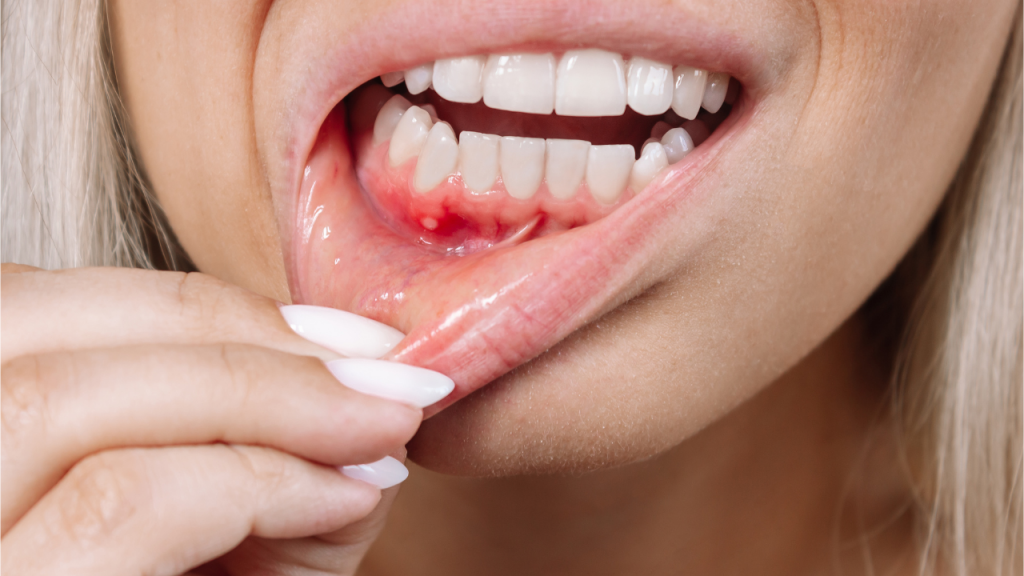Periodontal Treatment

Periodontal disease, or gum disease, is a common dental condition caused by bacteria that build up on the teeth and gums. This can lead to inflammation, damage to the bone and tissues supporting the teeth, and potentially tooth loss if left untreated. Symptoms include:
- Swollen, red, or bleeding gums.
- Bad breath.
- Changes in the way your teeth fit together when biting or chewing.
When it comes to managing and reversing the effects of gum disease, there are several effective periodontal treatments available. The first and most important step is to improve your oral hygiene habits, including regular brushing, flossing, and using an antiseptic mouthwash. However, it’s important to note that these habits alone may not be enough. Regular professional cleanings, which are highly recommended, play a crucial role in maintaining oral health and preventing periodontal disease. They can significantly enhance the effectiveness of your daily oral hygiene routine by removing plaque and tartar that you may have missed.
In more advanced cases of periodontal disease, rest assured that there are effective treatments available. Procedures such as scaling [1] and root planing [1], gum graft surgery, or bone grafting [2] are highly successful and may be necessary. These treatments aim to remove bacteria and damaged tissue, promote healing, and prevent further damage to the teeth and gums. They are not only effective in managing the disease but also in restoring the health and function of your teeth and gums, giving you a reason to smile again.
Periodontal disease is diagnosed based on the severity of the infection and the amount of bone loss. It is classified into stages, from gingivitis (inflammation of the gums) [3] to advanced periodontitis (extensive bone loss and tooth loss).
Treatment may involve non-surgical options like deep cleaning and antibiotics or surgical treatments such as flap surgery, bone grafting, and tissue grafting. After treatment, maintaining good oral health through regular cleaning, flossing, brushing, and periodic maintenance appointments is crucial to prevent recurrence. This empowers you to take control of your oral health and prevent future complications.
